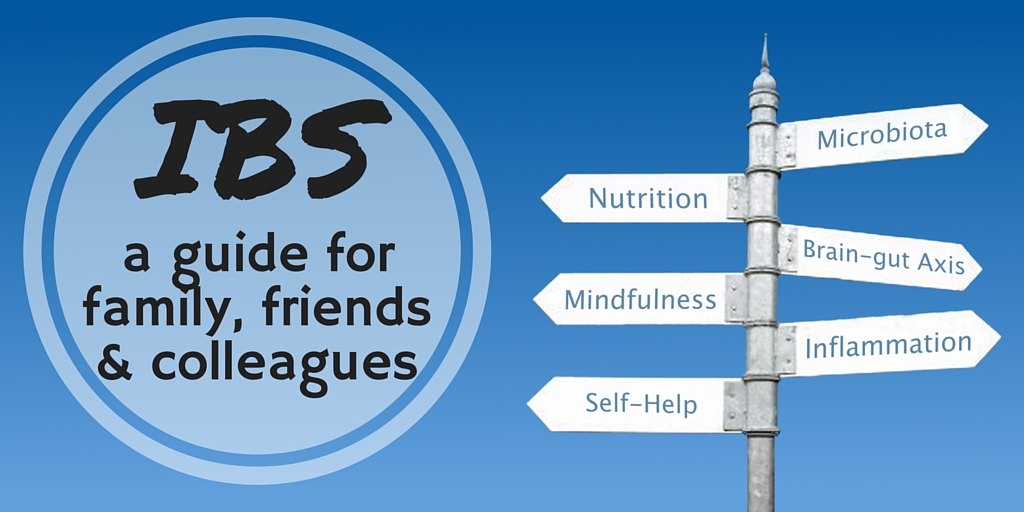
Although IBS is invisible, it is a very real illness and it can be hard to know how to support people we care about when we can’t necessarily see the physical symptoms of what they are going through. Dr Megan Arroll and Professor Christine Dancey have combined their extensive knowledge to provide a helpful guide for supporting friends and family members with IBS.
There are many conditions where people look fine, even very well, but they are in fact in a great deal of discomfort and pain. It can be hard when you are suffering from the symptoms but look fine on the outside. Try to remember when you last had a headache. You probably looked fine on the outside, despite being in pain. Now imagine feeling like this constantly.
Not only does suffering an invisible illness make you feel physically awful, but people with IBS often face a lack of support from those close to them. Work and social situations can also be challenging; without outward signs of ill-health, someone with IBS can feel very isolated. People with IBS often find it very hard to acknowledge their condition and to discuss it with others due to the embarrassing nature of the symptoms.
Additionally, IBS can attract stigma as it is a complex condition and there are no scans, investigations, or blood tests which can show that a person has IBS. It is a multi-faceted condition and we are only just learning about the physiological processes underlying it.
So, someone with IBS may appear perfectly fine – in fact, almost anyone will say ‘good’ or ‘well’ if you ask them how they are – this does not mean that IBS is not a debilitating and intrusive illness. All it means is that your friend, sibling or workmate who has IBS is trying to put their brave face on.
What you can do to help a friend or family member with IBS
You don’t need to know everything about IBS; just by accepting what your friend says about what he or she is feeling is a great help and support. IBS can take a long time to diagnose and is often misdiagnosed. Both the struggle for a diagnosis and the feeling of frustration engendered by being misdiagnosed can be difficult, and this is on top of feeling unwell. While it can be tricky for friends and family members to offer the right help and support to someone with IBS, here are a few simple rules to help make living with IBS a little less irritable.
Never question the existence of IBS, even if your friend looks and seems well.
Be patient with the process of diagnosis and finding an effective treatment – it can take time.
Try not to be over protective or treat the person with IBS as if they are fragile.
Try to limit giving advice, even if well-intentioned.
Be willing to find IBS-friendly activities which are of interest to both of you.
Understand that plans may be cancelled at short notice.
Offer practical support, such as help with the children, shopping, housework, gardening, etc.
If IBS is affecting your sexual relationship or damaging your relationship overall, seek external and professional support.
Overall, simply being there and accepting that the person with IBS is trying their best to overcome this misunderstood condition will be an invaluable support. IBS is an embarrassing and stigmatised illness that can challenge someone’s relationship with their body. Support, whether emotional or practical, can limit the likelihood of depression and isolation, factors which we know are detrimental to us all.
For more detailed guidance on how best to support someone who is suffering from IBS buy your copy of Irritable Bowel Syndrome: Navigating Your Way to Recovery and follow Dr Arroll on twitter.
